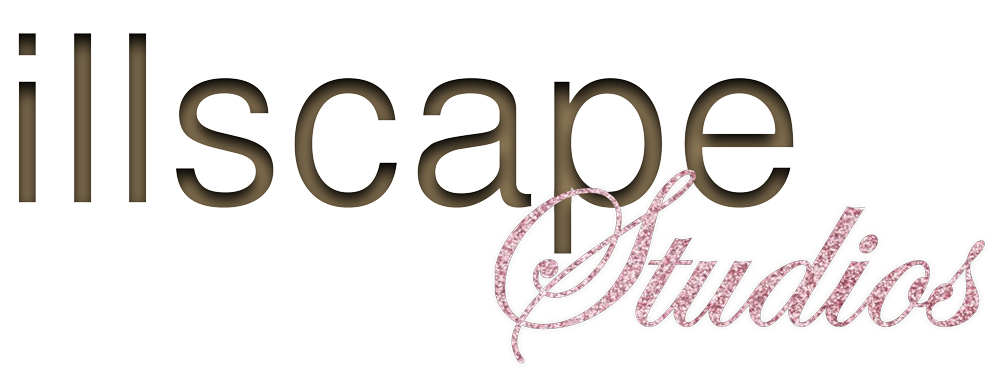SUSTAINABILITY
Integrative Business Model
In the dynamic world of the music industry, a sustainable career goes beyond talent—it requires a comprehensive strategy that covers every aspect of an artist’s journey. This is where the Integrative Business Model (IBM) or Integrative Design Process (IDP) stands out, often recognized as a 360-management model. This approach, known for its holistic and all-encompassing structure, ensures that each facet of an artist’s career operates in synergy with the others.
Why the 360-Management Model?
A 360-management model provides “full-circle” support, meaning every aspect of the artist’s professional and personal development is accounted for. This model covers all essential areas—from brand identity and marketing to performance bookings, financial planning, and audience engagement—ensuring each part is connected to create a cohesive career trajectory. It’s called “360” because it doesn’t leave any part of an artist’s journey unsupported; it delivers a well-rounded, structured pathway to success.
Phases of the Integrative Business Model (IBM)
IBM operates in clear phases, each contributing to the long-term stability of an artist’s career. Each phase addresses specific areas of growth, risk reduction, and adaptability, ensuring that the artist’s brand is built on a solid foundation. Additionally, each phase includes progress reports, which help secure funding and support by showing lenders, grant committees, and record labels clear documentation of the artist’s development.
Planning and Brand Development
The journey begins with a comprehensive business plan, which establishes the artist’s identity, values, and target audience. Developing an artist’s brand identity can take up to two years, a critical period for defining the core elements of their public image and artistic voice. This stage provides the foundation for every future decision, allowing the artist and manager to set clear, long-term goals that will drive their success. Having a clear business plan from this stage can later be vital when applying for loans, grants, or record label partnerships, as it showcases the strategic groundwork of the artist’s career.
Strategy and Resource Integration
Once the brand is established, the next phase focuses on strategic alignment of resources and team members. The personal manager brings together key professionals—such as booking agents, marketing specialists, and business managers—who share a vision for the artist’s success. By connecting these areas early, the model reduces risks of misalignment and ensures that each role complements and amplifies the others. Reporting progress during this phase can also be instrumental for funding purposes, demonstrating the integration of expertise and resources to support the artist’s development.
Marketing and Public Engagement
The third phase centers on building audience relationships through strategic marketing and public engagement. Here, the manager implements the artist’s branding in ways that engage audiences, from social media campaigns to collaborations. This phase is about maintaining adaptability, adjusting marketing strategies as trends and platforms evolve, and ensuring that the artist’s public image remains vibrant and relevant. Documenting the artist’s growing fan base and engagement can attract interest from potential investors or industry partnerships.
Revenue and Financial Stability
A sustainable career requires financial planning and income diversity. During this phase, IBM emphasizes revenue strategies such as merchandise, royalties, licensing, and live performances. Managers help the artist identify new income streams, adapting as the industry shifts to safeguard their financial stability. This phase not only protects against financial risks but also builds resilience, allowing the artist to navigate economic changes confidently. Detailed financial reports from this phase can make a strong case when applying for funding or attracting partnerships by showcasing income potential and financial responsibility.
Performance Review and Adjustment
In the final phase, regular performance reviews ensure that each part of the artist’s business is aligned and progressing as planned. Through open communication and feedback, any misalignments or conflicts are addressed proactively. This phase reinforces the 360-approach by continuously assessing and adjusting, keeping the artist’s career on course and resilient against potential setbacks. Final reports from this phase, documenting achieved milestones and completed objectives, provide powerful evidence of progress for future funding and partnerships.
Conclusion
The Integrative Business Model offers more than just support—it empowers artists to build sustainable, adaptable careers by ensuring each phase aligns with the others. The 360-management approach integrates creativity, brand, revenue, and resilience into a single, strategic model. This interconnected framework enables artists to thrive not only today but also as they grow and evolve, establishing a meaningful career path that withstands industry changes. Final reports documenting each phase’s achievements and benchmarks can help attract loans, grants, and industry partnerships, demonstrating the artist’s ongoing growth and potential.
Integrative Business Model





